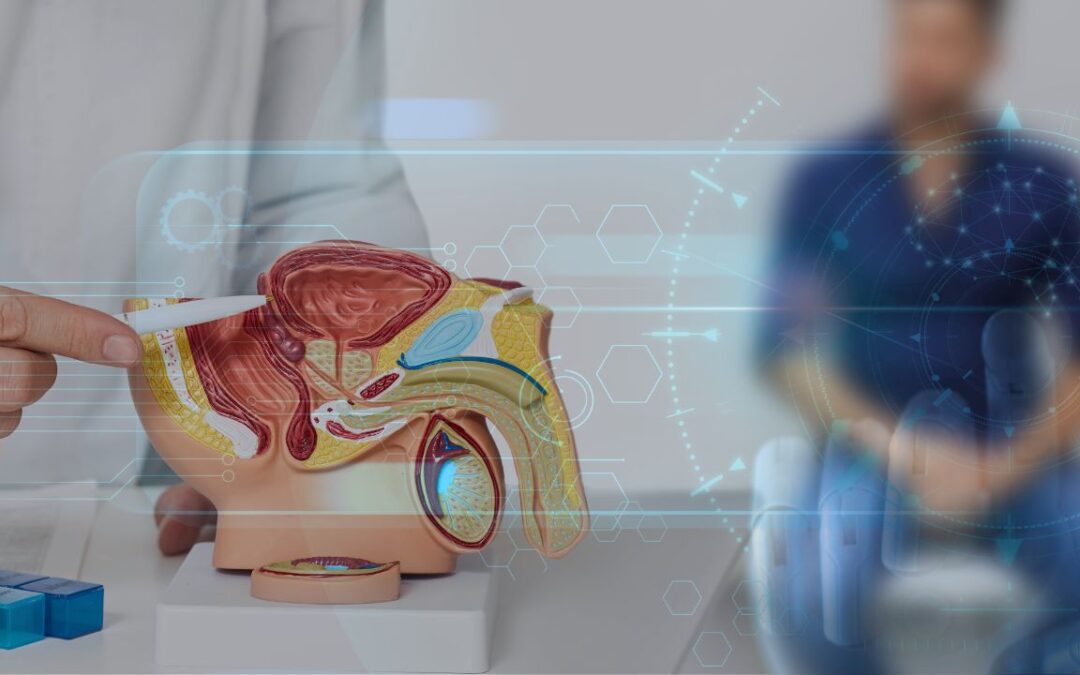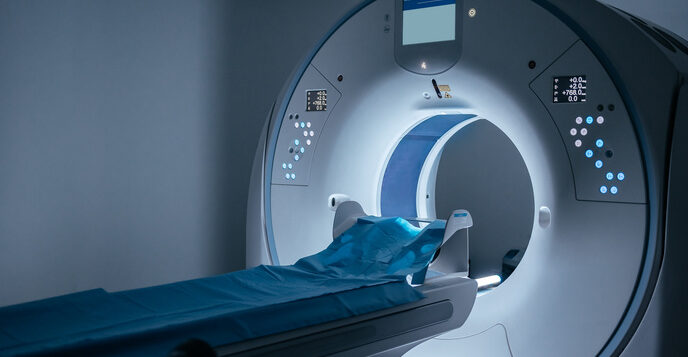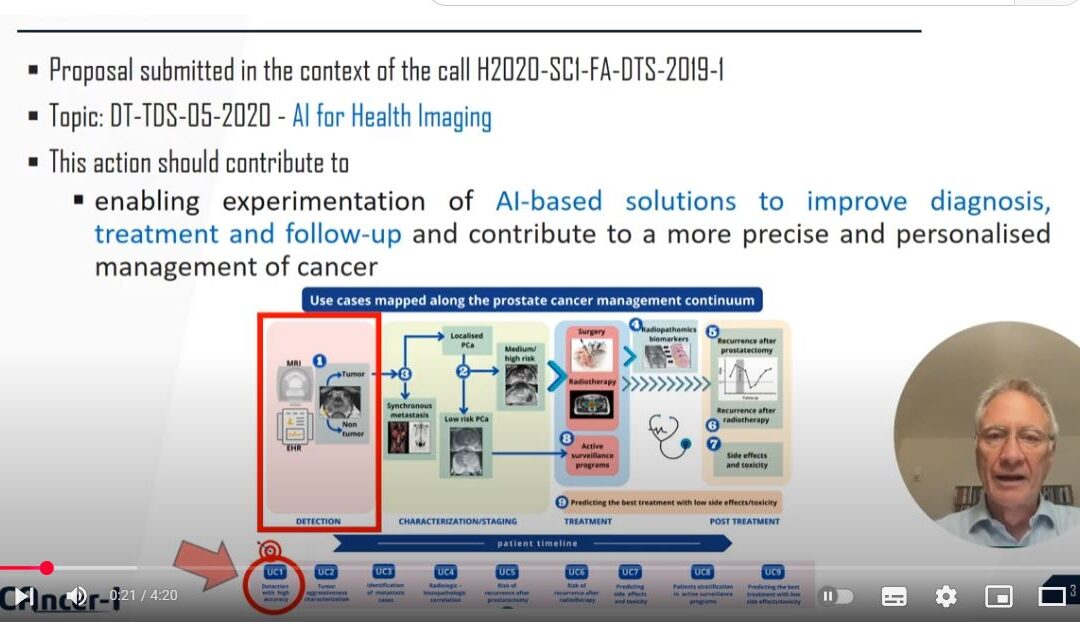Editorial by Βy Prof. Daniele Regge, Chief of the Radiology Unit, Candiolo Cancer Institute (FPO) The Clinical Vision of the project and added value for patients One man in eight is diagnosed with prostate cancer during his lifetime and among them, approximately one...
Newsletter #4
Clinical Challenge: Can machine learning and artificial intelligence of primary prostate cancer identify patients at risk of metastatic disease as early as possible?
By Prof Mu Koh, Royal Marsden NHS Foundation Trust (ICR) Primary prostate cancer is a heterogeneous disease in terms of disease aggressiveness and long-term outcomes. Many men who are diagnosed with prostate cancer will have indolent disease and die of other causes....
Prostate cancer MRI as an AI challenge
By Prof Jurgen Futterer & Prof Henkjan Huisman, RadboudUMC (RUN) Professors Jurgen Futterer and Henkjan Huisman are both affiliated with Radboudumc, Nijmegen, The Netherlands. They have a long-standing collaboration and are part of the EU H2020 project ProCAncer-I...
ProCAncer-I eCRF and Data Upload Tools
By Joao Correia, Innovation Manager at Biotronics3D Limited (B3D) The ProCAncer-I eCRF (electronic case report form) and Data Upload Tools support ProCAncer-I clinical partners in the process of compiling the required information and follow the defined protocols for...
The Value of Data in Health Research
By Theresa Henne, University of Vienna (UNIVIE), Clara Saillant University of Vienna (UNIVIE) &Varvara Kalokyri, Foundation for Research and Technology (FORTH) Data is increasingly regarded as a valuable resource, in particular for the development of Big Data and...
Presentation of partner B3D, Biotronics3D Limited
Biotronics3D was established in 2004 in London, opened an R&D Centre in Cambridge in 2009, opened a Central European Operations office in Bucharest in 2014, and established its Innovation Centre in Edinburgh during 2017. Biotronics3D recently integrated the...
Presentation of partner IDIBGI, Fundacio Institut D’Investigacio Biomedica De Girona Doctor Josep Trueta
The Girona Biomedical Research Institute (IDIBGI) aims to promote translational research to improve people's health. Located in Girona area, in Catalonia (Spain), its activity aims to increase knowledge of numerous diseases to improve their diagnosis, treatment and...
Newsletter #4 Contents
Highlights

Artificial intelligence can help in the non-invasive diagnosis of prostate cancer
Aug 18, 2025
An international and multidisciplinary team, led by researchers from the Champalimaud Foundation, in Lisbon, has developed an artificial intelligence algorithm that improves the reliability of prostate cancer detection based solely on magnetic resonance imaging...

An AI Platform integrating imaging data and models, supporting precision care through prostate cancer’s continuum
Aug 12, 2025
Prostate cancer is the second most commonly diagnosed cancer in men. Conventional screening relies on prostate specific antigen (PSA) levels in the blood, which can indicate prostate abnormalities but lacks specificity. Clinical examination and ultrasound also have...

ProCAncer-I project vision and results
Jul 2, 2025
The ProCAncer-I project aims to revolutionize prostate cancer diagnosis and treatment through the power of artificial intelligence and advanced imaging. By creating a large, federated database of prostate MRI scans and clinical data, the project enables the...

AI Improves prostate cancer (PCa) detection: Clinical Validation of AI models
Jun 24, 2025
ProCAncer-I results | Prof. Daniele Regge on clinical validation In this video, we present the results of the clinical validation of AI models that were developed during the ProCAncer-i Project. Clinical validation is a critical step to ensure that AI tools not only...






